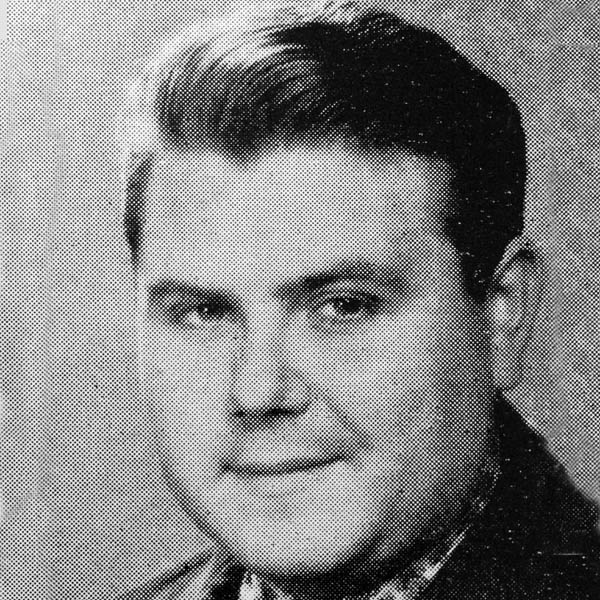
Having known too many non-entities hiding underneath that haircut, I am less than ideally susceptible to the mystique of Louise Brooks. That said, I would have enjoyed Kirsten Dunst in Marie Antoinette (2006, Sofia Coppola) more were there a stronger effect of slippage between character and player, as evidenced by Brooks' (non)-performance in Prix de beaute (1930, Augusto Genina). She barely even acts as though she is acting; one can sense that Brooks, as much or more than the typist-cum-pageant-winner she portrays, is at least enjoying the attention, as much as the clothes. (If you don't believe me, watch the central beauty contest sequence; it's shot (by eventual Gilda cinematographer Rudolf Mate) newsreel-style in what might well be a bullring, the promenade ringed by a mob of extras enticed to participate in the scene, I'm guessing, by the prospect of seeing the then-notorious Pandora/lost girl of her films with Pabst the previous year.)
 Beyond that, Coppola's more-than-watchable confection seems likely (and perhaps even intended) to be experienced as exactly as sophisticated, critical, multivalent as the viewer at hand. For my part, I enjoyed the few sentences of Rousseau read out en plein air, already pre-critiqued by Jon King and the Gang in the credit sequence; and Bow Wow Wow's cover of Johnny Mercer and Rube Bloom's "Fools Rush In," remixed by Kevin Shields to highlight the inadequacy of Annabelle Lwin's voice. I'd be interested to compare this version with Old Hollywood's, which I've never seen. Marie Antoinette (1938, W.S. Van Dyke) was a Thalberg prestige project for Norma Shearer, also filmed on location at Versailles (albeit partly, not "entirely," as per the current film's credits.) Robert Morley plays the Dauphin in that one; here, it's Jason Schwartzman, nearly redeeming himself for I Heart Huckabees with an in-on-the-joke charmlessness that somehow manages not to annoy. Neither Morley or Schwartzman is likely to make me forget Maynard Holmes, who plays the same personage in Madame DuBarry (1934, William Dieterle), rather wonderfully, as an overfed infant, a sort of bewigged Harry Langdon. Beyond that, Coppola's more-than-watchable confection seems likely (and perhaps even intended) to be experienced as exactly as sophisticated, critical, multivalent as the viewer at hand. For my part, I enjoyed the few sentences of Rousseau read out en plein air, already pre-critiqued by Jon King and the Gang in the credit sequence; and Bow Wow Wow's cover of Johnny Mercer and Rube Bloom's "Fools Rush In," remixed by Kevin Shields to highlight the inadequacy of Annabelle Lwin's voice. I'd be interested to compare this version with Old Hollywood's, which I've never seen. Marie Antoinette (1938, W.S. Van Dyke) was a Thalberg prestige project for Norma Shearer, also filmed on location at Versailles (albeit partly, not "entirely," as per the current film's credits.) Robert Morley plays the Dauphin in that one; here, it's Jason Schwartzman, nearly redeeming himself for I Heart Huckabees with an in-on-the-joke charmlessness that somehow manages not to annoy. Neither Morley or Schwartzman is likely to make me forget Maynard Holmes, who plays the same personage in Madame DuBarry (1934, William Dieterle), rather wonderfully, as an overfed infant, a sort of bewigged Harry Langdon.
[Note: Please excuse me for not putting in appropriate accent marks, especially while posting from the road.] |




